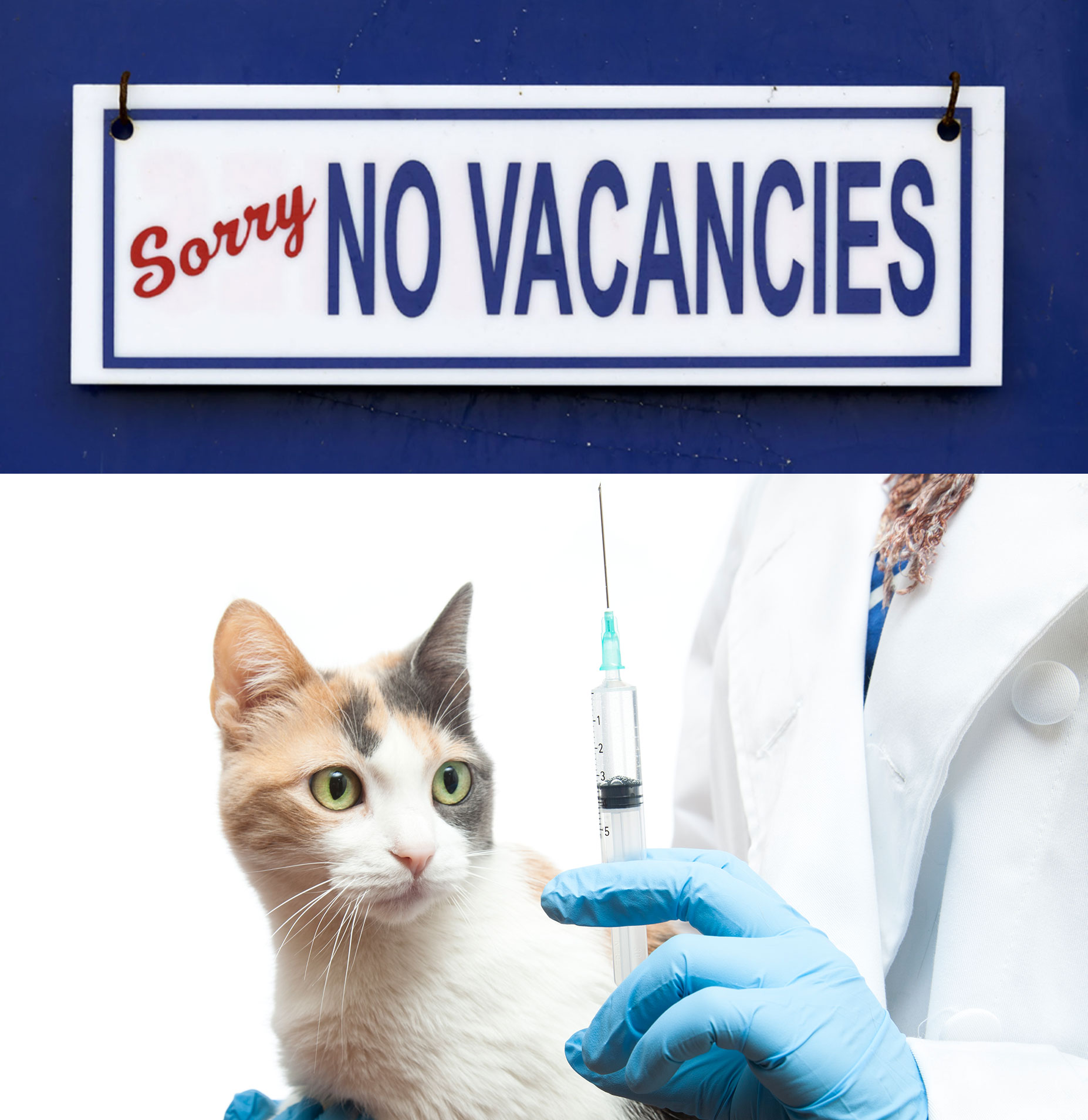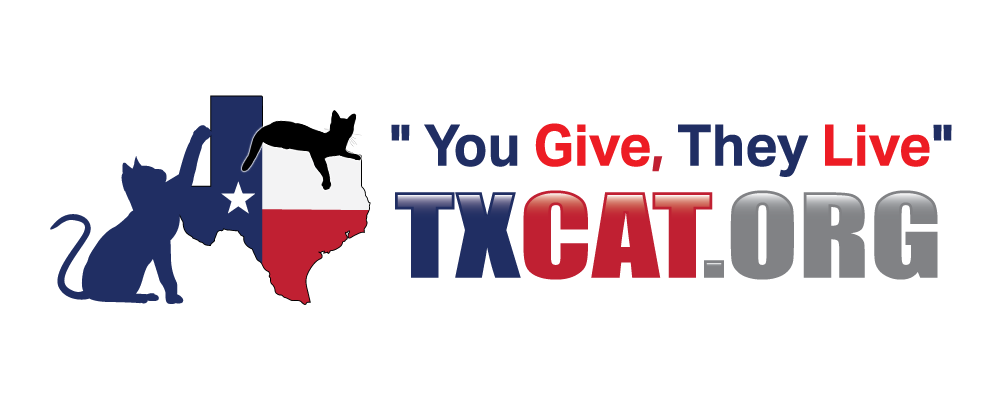Texas Has A Public That Allows Random Pet Breeding and Irresponsible Pet Ownership

Says Who?
Says the Texas Department of Health And Safety.
“…Understand that you are not responsible for the death of these animals. You are responding to a public that allows random pet breeding and irresponsible pet ownership.”
– Texas Dept of Health And Safety Training Literature
While the statement above does not apply to me nor most of you reading this, but it does apply to those who are creating the animal overpopulation problems that the rest of us are seeking to resolve.
If you have ever experienced being UNABLE to get help for an animal that you contacted a shelter or rescue about, PLEASE take a moment to complete this survey and help save animal lives.
Respond To A Brief Survey And Help Save Animal Lives
Animal overpopulation and animal homelessness in Texas remains out of control largely due to careless pet owners, irresponsible people, unprosecuted animal dumpers, and a number of public and agency officials in some localities who either do not understand the issues involved or simply do not care about making changes needed to address the core issues that can save the lives of the animals involved by addressing the segment of the public who allow random pet breeding and by turning a blind eye and allowing irresponsible pet ownership to persist unchecked.
As a result, caring, individual citizens often encounter unwanted and homeless animals in need and may seek to help them by contacting a shelter or rescue only to be told they are full or there is nothing they can do.
Being unable to take in an animal that is reported, is not usually a fault of the shelter or rescue, rather this occurs because of sheer overload caused by
“a [segemnt of the] public that allows random pet breeding and [engages in] irresponsible pet ownership,”
Thus, requests from citizens often exceed shelter capacity which can make it impossible for some shelters and rescues to honor the number of requests they receive.
At the other extreme, a well-intentioned citizen may report or turn in an animal to a Texas shelter or rescue that does not manage its intake and which takes in ALL reported animals and then routinely euthanizes them.
How did THAT help the reported animal?
Did the Good Samaritan intend to kill the animal?
Unlikely.
Unlike 30+ other states, Texas has no law for a holding period before an animal can be euthanized.
“…City and county governments write ordinances or laws that decide how many days a stray animal will be held after it is captured. Animals are usually held for a minimum of 3 working days to give owners a chance to claim their lost pets. At the end of the impoundment period, the animals become the property of the shelter. The local ordinances should contain some provision for immediate euthanasia of extremely sick or injured animals. Many cities and counties have a policy of keeping licensed pets longer than the minimum impoundment period. This encourages residents to participate in the licensing program.”
– Texas Dept Health And Safety Training Literature https://www.dshs.texas.gov/idcu/health/zoonosis/education/training/aco/manual/information/BASIMP.pdf
Texas facilities still kill more animals annually than any other state except California.
In fact, so many homeless and unwanted animals are euthanized in Texas that the Texas Department of State Health Services provides training and counseling for shelter personnel who are involved in the process of euthanizing animals.
This excerpt from their training literature sums up the core problem,
“…Understand that you are not responsible for the death of these animals. You are responding to a public that allows random pet breeding and irresponsible pet ownership.”
– Texas Dept Health And Safety To Shelter Personnelhttps://dshs.texas.gov/idcu/health/zoonosis/education/training/aco/manual/information/BASDIS.pdf
While the statement above does not apply to me nor most of you reading this, but it does apply to those who are creating the animal overpopulation problems that the rest of us are seeking to resolve.
Texans can do better than this.
Individually and collectively we can do better.
If you have ever experienced being UNABLE to get help for an animal that you contacted a shelter or rescue about, PLEASE take a moment to complete this survey and help save animal lives.

Leave a Reply